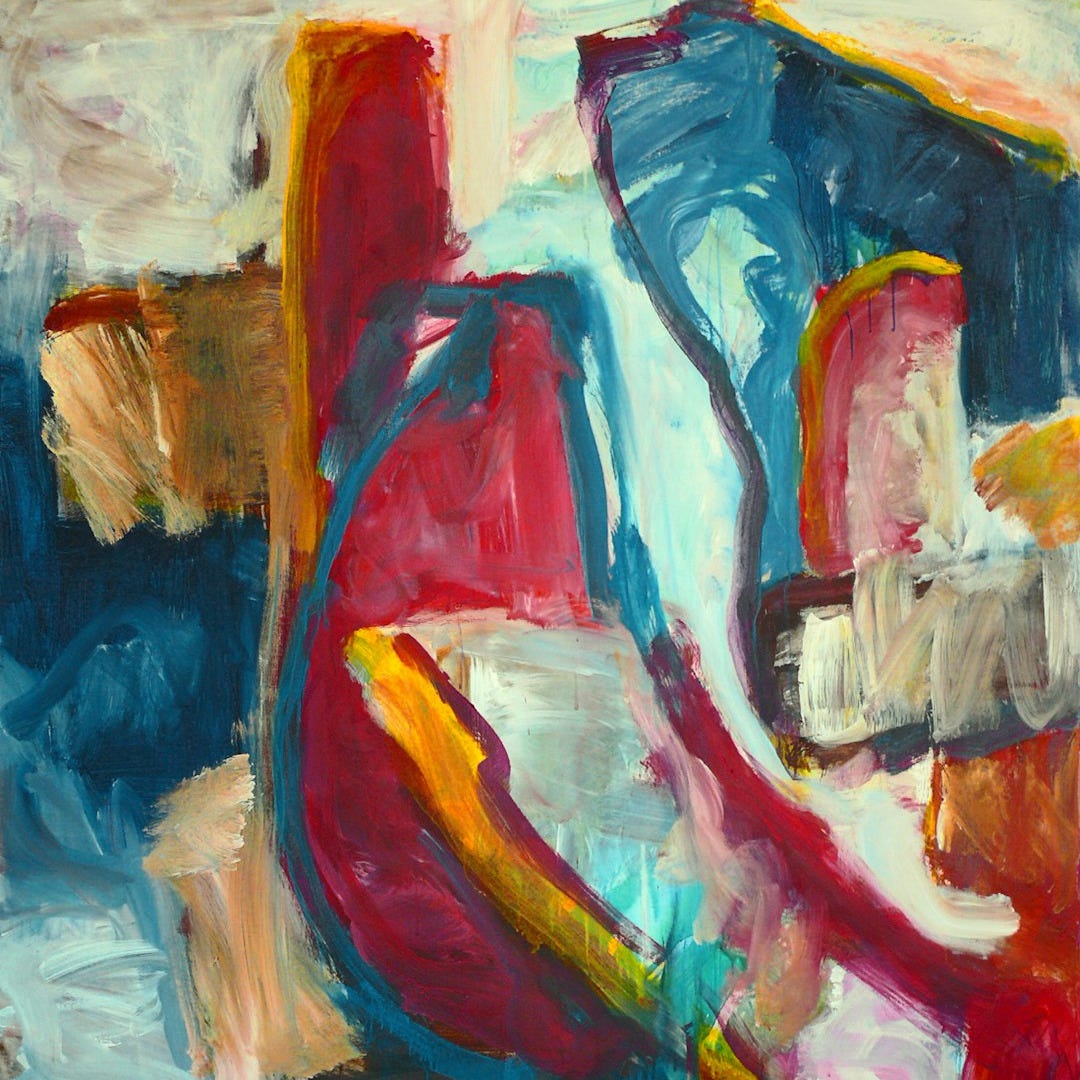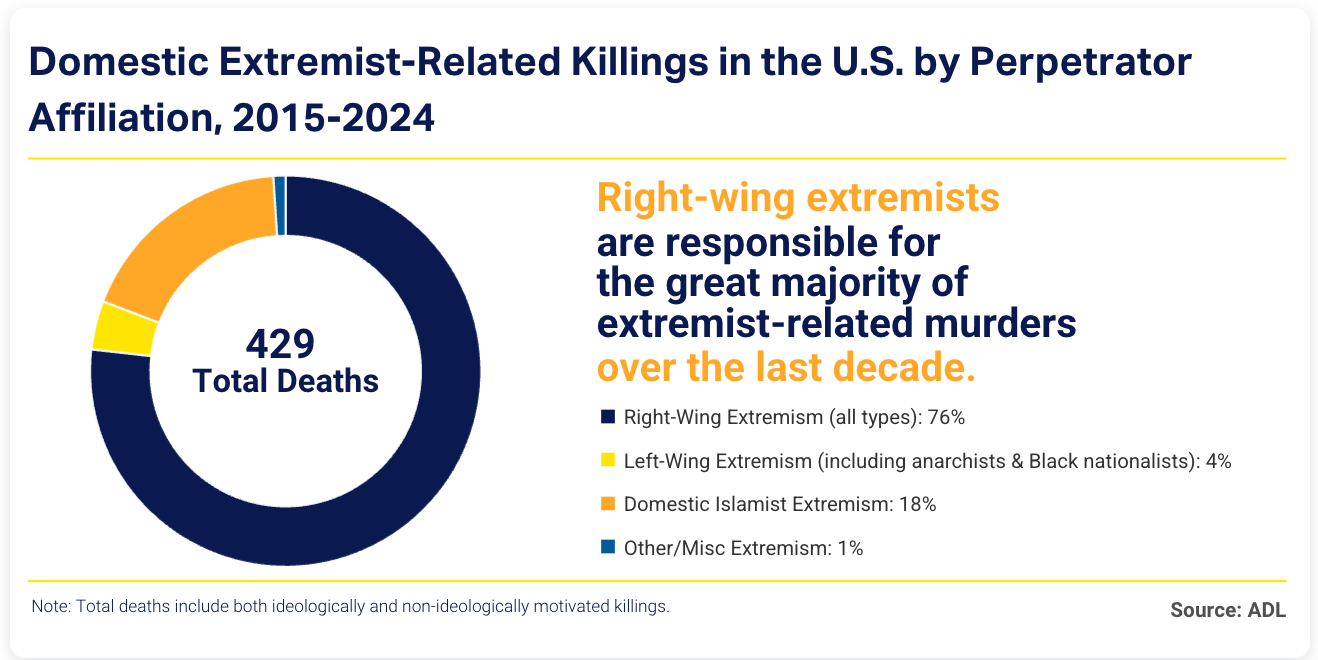Martyrs, Myths, and Moral Clarity
A Meditation by Rev. Cameron Trimble
“The greatest challenge of the day is: how to bring about a revolution of the heart.” —Dorothy Day

Something strange is happening at the intersection of media and politics in the US right now. Five days have passed since Charlie Kirk was shot and killed. Five days since a man with a gun entered a space charged with ideology and rhetoric and transformed it into a place of mourning. The loss of any human life is a tragedy. And, yes, we can grieve the death of a person while also holding the complexity of their public impact. But something else is unfolding now—something deeper and more disorienting.
We are watching the construction of a martyr in real time.
Unlike other recent acts of political violence—like the hammer attack on Paul Pelosi or the assassinations of Minnesota State Representative Melissa Hortman and her husband (and their dog), or the attempted assassination of Sen. John Hoffman and his wife—Kirk’s death is being treated with an unusual urgency to control the narrative. Voices who dare to suggest that Kirk’s incendiary rhetoric may have contributed to his vulnerability are being publicly shamed, silenced, and in a shocking number of cases, fired.1 What we’re not allowed to talk about, it seems, is cause and consequence. We’re not allowed to reflect out loud on the real human cost of normalizing violent language, dehumanizing opponents, and glamorizing civil war.2
It’s not that Kirk deserved to die. No one does. But when we build entire platforms on grievance, stoke fear to mobilize outrage, tie nationalism to religion, and celebrate political power through domination, we also bear responsibility for what that unleashes in the world. The story now being told about Charlie Kirk is not one of repentance or reckoning, but one of canonization—a narrative designed to absolve, rather than account, to whitewash Kirk’s racism, sexism, and attacks on those he disagreed with and instead portray Kirk simply as a Christian motivational speaker attacked by a rabid left wing.
And that is spiritually dangerous.
The biblical prophets knew what happens when kings kill truth-tellers. From Elijah fleeing Jezebel’s wrath, to Jeremiah thrown into a cistern for his warnings, to John the Baptist beheaded for confronting Herod’s corruption—those who speak truth to power have always been at risk.
But Scripture also warns of a second danger: what happens when the people, in fear or idolatry, sanctify the powerful instead of holding them to account. “They have healed the wound of my people lightly, saying ‘Peace, peace,’ when there is no peace” (Jeremiah 6:14). When we make idols of leaders, we confuse power with righteousness. We mistake charisma for moral authority. False martyrs do more than obscure the truth—they weaponize it. They recast the powerful as the persecuted and turn calls for justice into acts of aggression.
In such times, what we need is not sanitized silence or coerced civility, but the holy courage of prophets: those willing to name what is broken, mourn what is lost, and refuse to trade complicated truth for comfort. We need the ability to hold tension without choosing sides. To remember that our words—especially from public platforms—shape the emotional and moral atmosphere we all breathe.
If we cannot speak honestly about the violent fruits of violent ideologies (on the right and the left), then we are no longer free. We are simply actors in a passion play not of salvation—but of power, unrepentant and unexamined.
We can interrupt the cycle. Together we can build a public life rooted in dialogue, respect, responsibility, and compassion. We can honor the sacredness of every life—without whitewashing the harm done.
Let us not trade moral clarity for performative comfort. Let us be the ones who remember: freedom is not silence. Freedom is the courage to speak with care, the wisdom to listen with an open heart, and the love that binds us in deeper relationship for the common good.
We are in this together,
Cameron
Reflection Questions
What happens to a society when it becomes too dangerous to speak honestly in public?
How do we distinguish between mourning a person and critiquing the system they helped build?
What spiritual practices help you stay grounded in truth, especially when the dominant narrative feels distorted?
A Prayer for the Day
For Truth in the Midst of Grief
O Spirit of Compassion and Clarity, Hold us in this tender and complex moment. We mourn the death of a fellow human being— Even as we lament the forces that shaped the story of his life. Grant us the wisdom to honor grief without abandoning truth. Give us the courage to name the harm without losing our humanity. Help us resist the pressure to simplify what is, in truth, deeply layered. May our words be balm, not weapon. May our hearts stay soft, even when the world turns hard. And may we never confuse silence for peace. Amen.
Spiritual Practice
Speak the Whole Truth
This week, notice where you feel pressure to stay silent. It may come from fear of conflict, social pressure, or internalized self-doubt. When those moments arise, take a deep breath and ask yourself:
What is the whole truth I am sensing here?
How might I speak it with love, courage, and care?
Practice telling one fuller truth each day—not to win an argument, but to stay rooted in your integrity.
Let truth-telling be your quiet act of resistance. Let it be your prayer.
Upcoming Events That Might Be of Interest…
October 18, 2025 - No Kings 2.0 Protest - Scholars of authoritarianism teach us that we need 3.5% of the population rising up to disrupt the rise of authoritarians. The last protest had over 6 million people in the streets in the US (more around the world) which was one of the largest protest in US history. We need to double that number. So here we go again. The movement builds. See you on the streets.
October 20-24, 2025 - FREE Online 5-Day Summit on “Made for These Times: Spiritual Leadership for a World in Crisis.” Political extremism. Climate collapse. Cultural fragmentation. People of faith across the globe are asking: How do we lead with clarity, courage, and compassion in a time like this? REGISTER HERE.
October 23, 30, November 13, 20 2025, 7pm ET - In Search of a New Story: Reimagining What Comes Next, A 4-Part Online Series with Dr. Matthew Fox, Cameron Trimble, Ilia Delio, Diana Butler Bass, Caroline Myss and Luther Smith. We are living through the unraveling of many old stories—about who we are, why we’re here, and how we are meant to live together on this Earth. As these inherited narratives collapse under the weight of climate crisis, social fragmentation, and spiritual disconnection, the question becomes clear: What story will guide us now? REGISTRATION NOW OPEN!
I drafted a Strategic Framework for Congregations as we move into the coming years of increased authoritarianism around the world. If interested, you can download it here.
If you are a leader or member of a congregation looking for consulting support in visioning, planning, hiring or staffing, please consider Convergence.
https://www.reuters.com/world/us/charlie-kirks-allies-warn-americans-mourn-him-properly-or-else-2025-09-13/



Thank you, for speaking it so clearly...to have the wisdom to know the difference from what is right and what is wrong....give us WISDOM.
A martyr can be even more powerful than the person when they were alive. By killing Kirk, the assailant may create exactly what he had hoped to destroy.